GPs in Oxfordshire 'cannot survive' without change
- Published
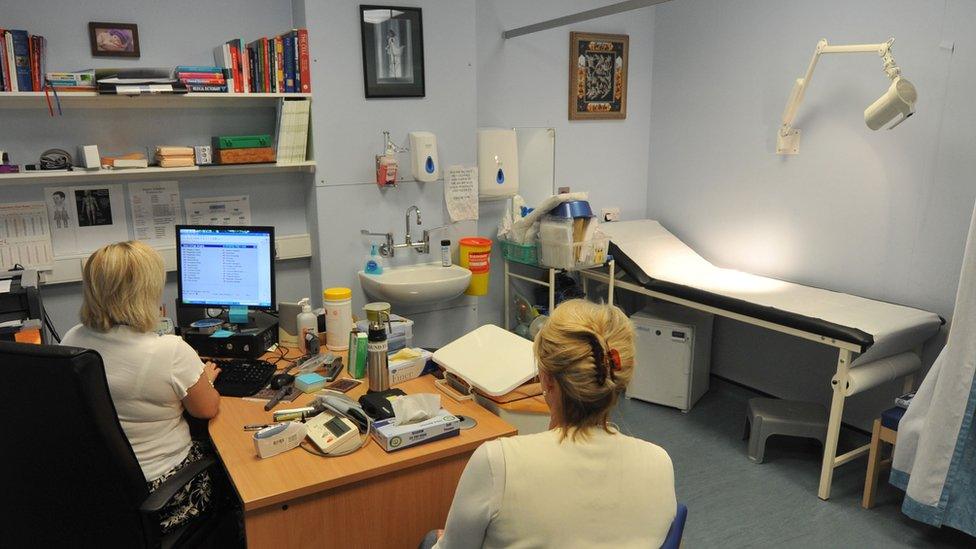
Oxfordshire CCG said the county could have to be "less reliant" on GPs in the future
The structure of GP services in Oxfordshire "cannot survive as it is", according to the body which oversees the NHS in the county.
A report by Oxfordshire Clinical Commissioning Group (OCCG) estimated an extra 110 full-time GPs will be needed in 10 years as things stand.
It said it is "unlikely" that number could be recruited, and Julie Dandridge from OCCG said change was necessary.
The Department of Health has been approached for comment.
"We know we have a challenge on our hands," said Ms Dandridge, head of primary care and localities at OCCG.
She said the county would have to be "less reliant" on GPs and "perhaps more reliant" on pharmacists and physiotherapists.
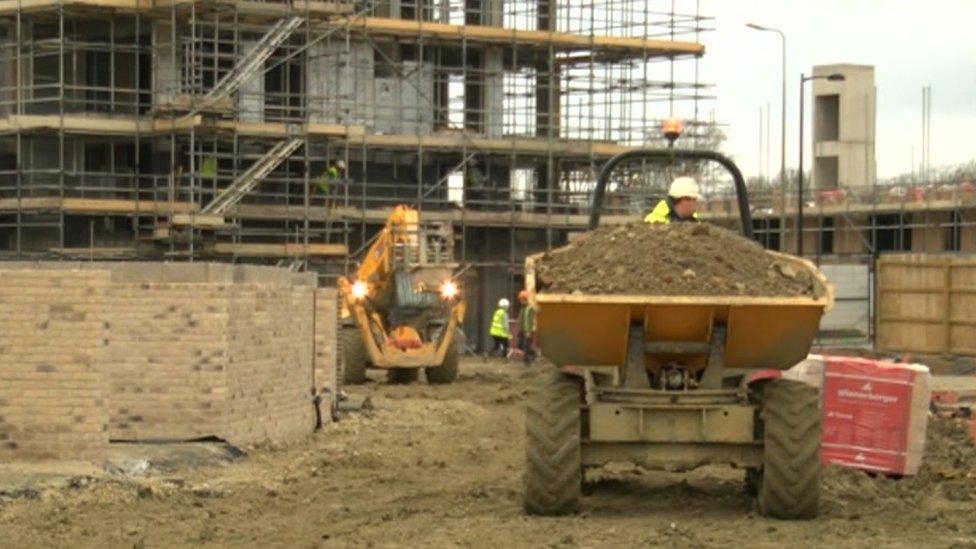
About 60,000 new homes will be built in Oxfordshire in the next ten years, the OCCG said
The increasing demand for GPs in Oxfordshire is being driven by population growth as a result of new homes and longer life-expectancies, the commissioning group's report said, external.
It estimated the number of people aged 60 and over will increase by 58,100 by 2032.
Dr Lisa Silver, a GP at Nettlebed Surgery in Oxfordshire, said she felt the situation locally was "critical" and she "could not fathom" how the demand would be met.
The Royal College of GPs has repeatedly warned of a "severe shortage" of doctors in general practise in the UK.
Last week, it said workload had increased by "at least 16% over the last seven years,, external but the number of GPs delivering care to patients has not risen in step".
The Health Secretary Jeremy Hunt has previously set out a plan to recruit 5,000 new GPs by 2020, but recent figures published by the NHS suggest the target could be missed.
- Published10 April 2017
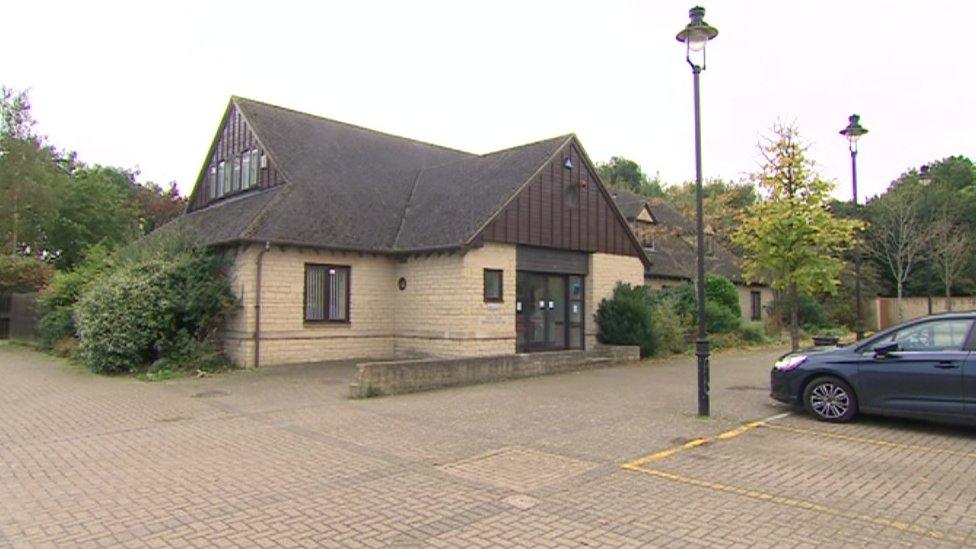
- Published12 July 2017
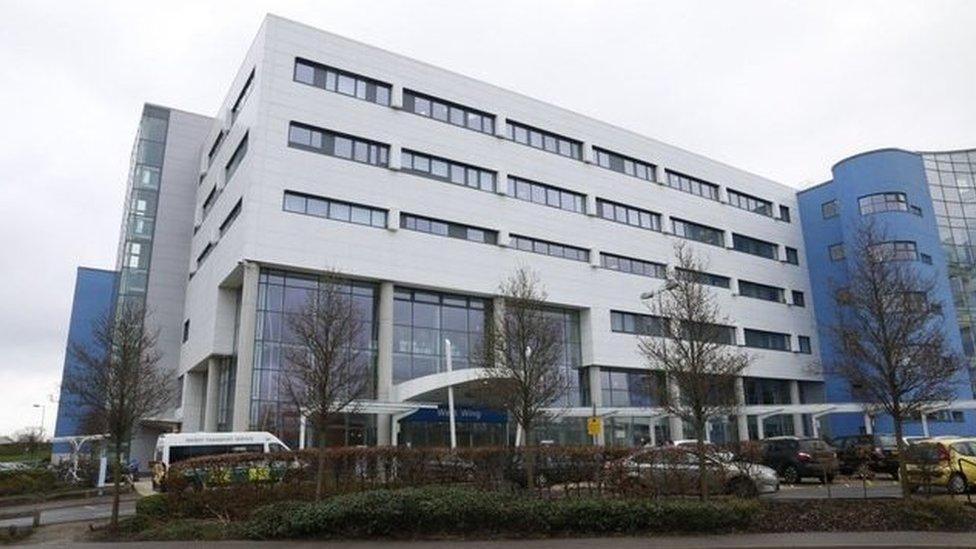
- Published12 October 2017
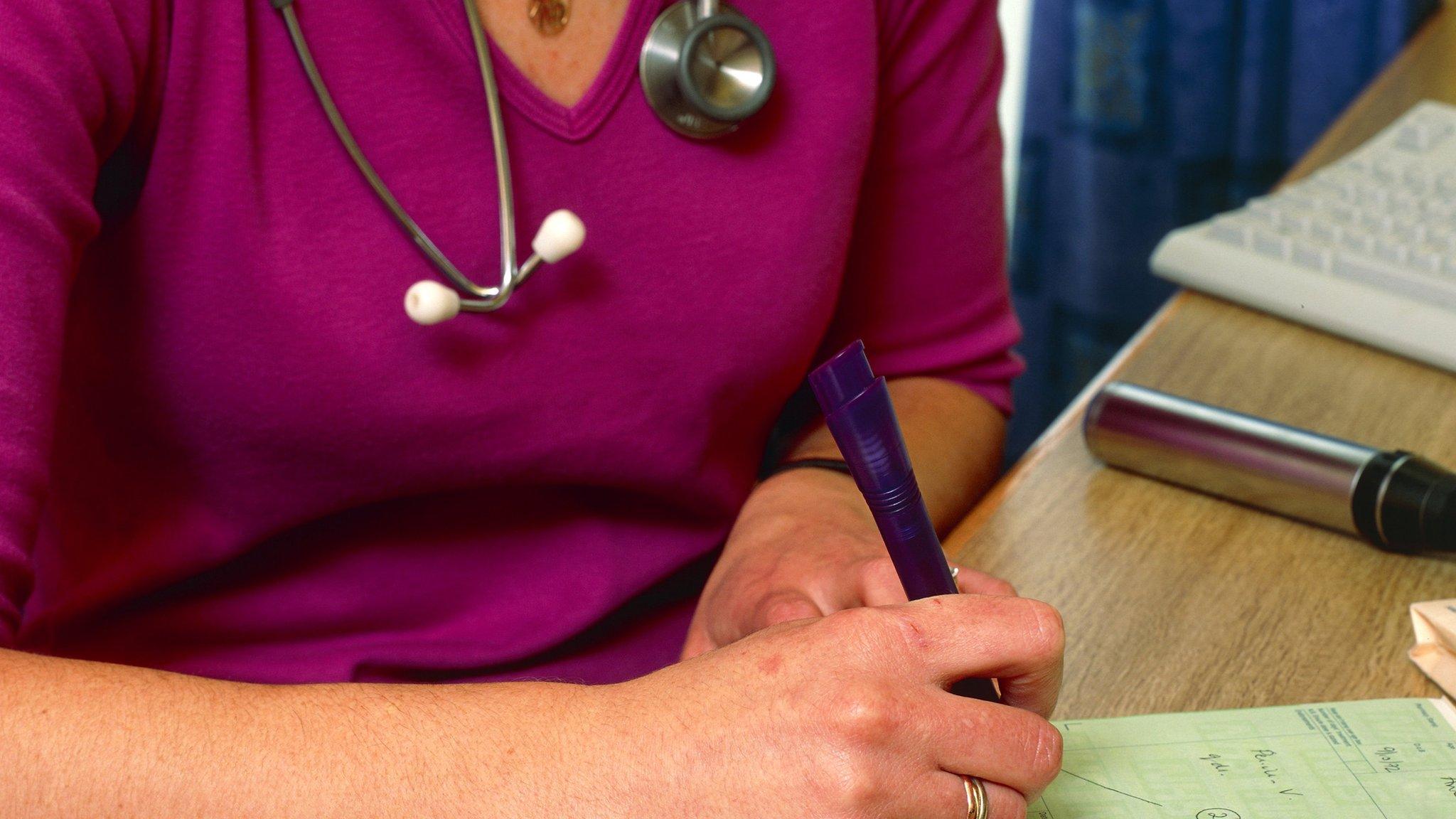
- Published31 August 2017
